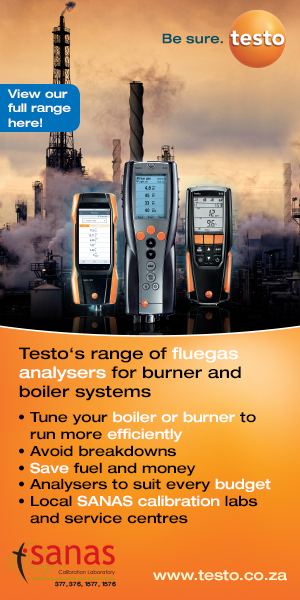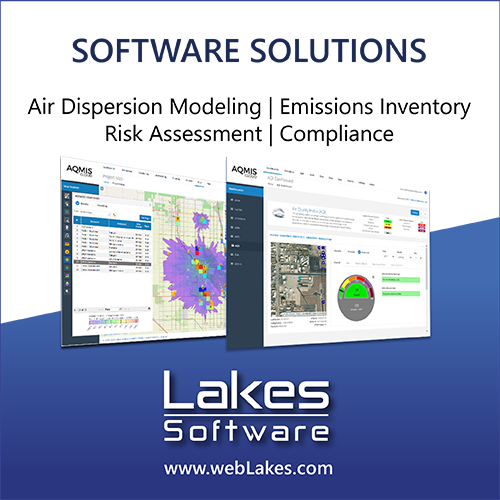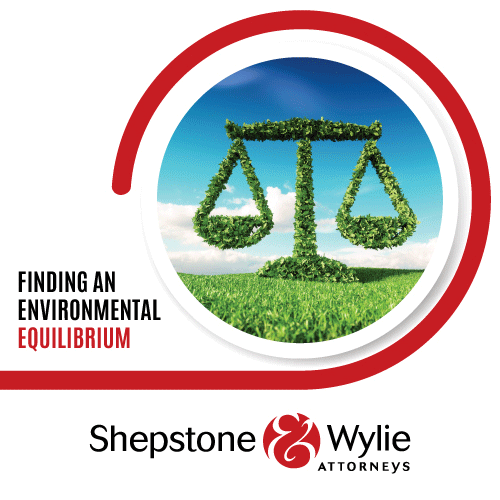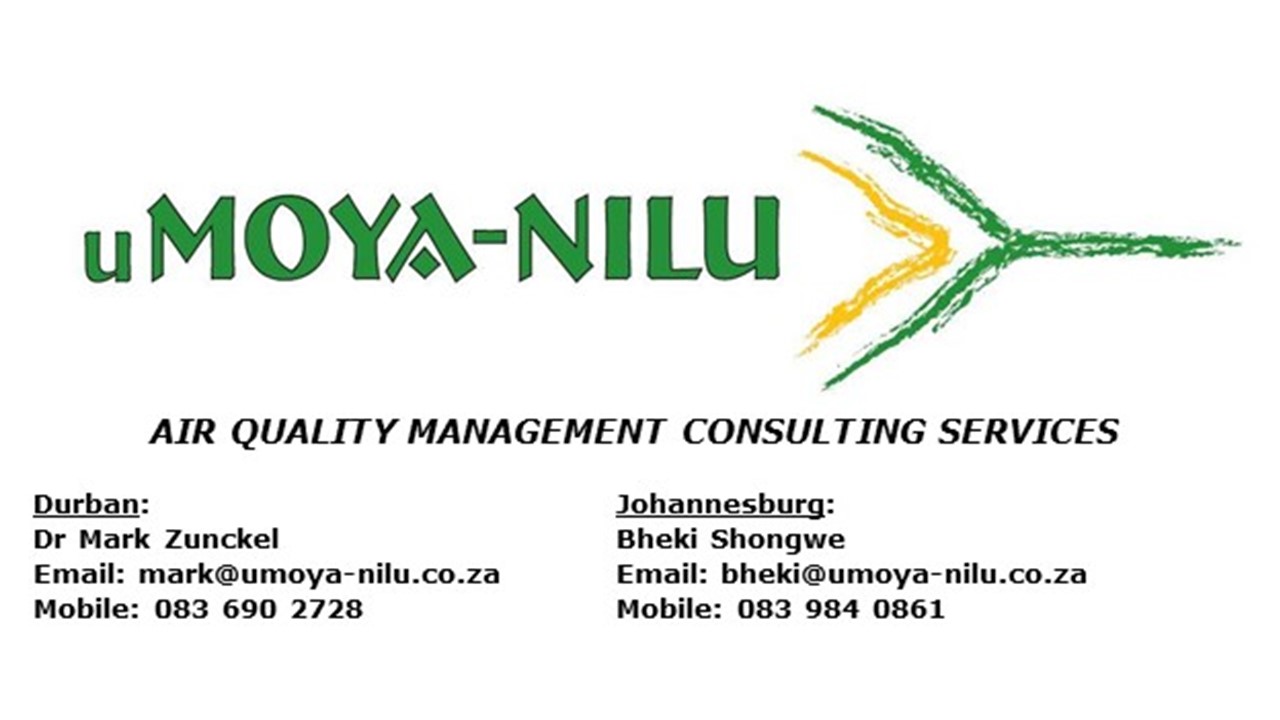Analysis of air quality issues and air quality management status in five major African cities
DOI:
https://doi.org/10.17159/caj/2023/33/2.15605Keywords:
urban air quality, air quality standards and monitoring, emission inventories and modelling, communication, clean air action plans, governanceAbstract
Poor air quality is one of the main dysfunctions of the rapid urbanisation process in Africa. Although the information is fragmented, the limited evidence available points out that air quality is a leading health risk in Africa, especially affecting the poorest, most vulnerable communities. In this study, we look into five cities in Africa to understand the nature of urban air quality issues and to delve into the initial responses. We report on the status of the main air quality management dimensions, including air quality standards and monitoring strategy/capabilities, emission inventories and air quality modelling, health impact assessment studies, communication practices, development and implementation of clean air action plans (in connection with other relevant strategies, i.e. climate change policies) and governance issues. We find that all cities have limited monitoring capabilities although communication strategies may differ substantially. While indoor pollution sources are declining in more developed economies, traffic is a growing concern in all five cities. In most cases, air quality issues are mostly related to PM2.5 and natural contributions worsen air pollution from road transport, biomass and open waste burning. While nationally-driven strategies, often based on large-scale engineering projects and financial schemes, may report substantial gains in early stages, multi-level governance and planning is likely to maximize benefits and provide a useful framework for the complex problem of air quality management in the long run. The integration of air quality plans in overarching strategies to tackle persistent poverty and social inequity is urgently needed.
Downloads
Downloads
Published
Issue
Section
License
Copyright (c) 2023 Rafael Borge, Sebastian Lange, Robert Kehew

This work is licensed under a Creative Commons Attribution 4.0 International License.

All articles are published under a Creative Commons Attribution 4.0 International License; copyright is retained by the authors. Readers are welcome to reproduce, share and adapt the content without permission provided the source is attributed.








.png)